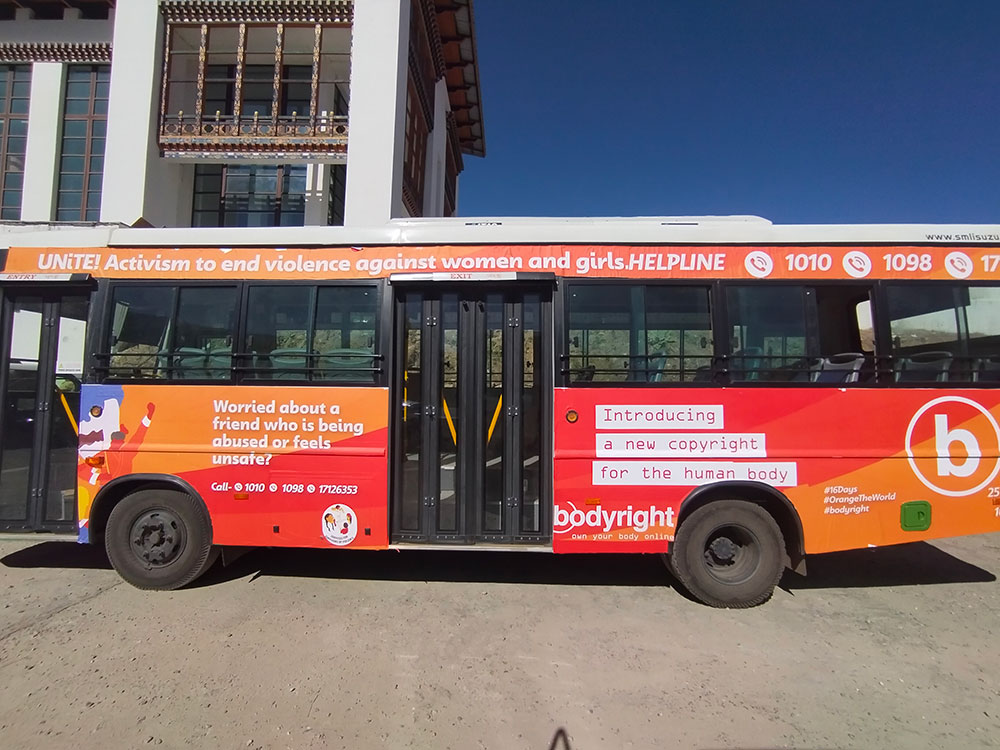YK Poudel
Women working at hydropower sites, road, and bridge construction reported bullying and harassment at the workplace according to National Commission for Women and Children (NCWC) study released recently.
The study titled “Assessment of Gender Issues in Major Hydropower, Road and Bridge Construction Project sites in Bhutan 2021” reported that the victims said that no gender-based violence (GBV) awareness programmes were provided to the women and girls living in the vicinity of these workplaces.
The report stated that women face sexual harassment at 9.23 percent, 12 percent, and 11.11 percent at hydropower construction sites, road construction sites and bridge construction sites respectively.
Anecdotes suggest that having a lot of male non-Bhutanese workers around increases the likelihood of gender-based violence against female workers and the girls and women who live close to the project sites.
The data indicate that, during the past three years between 2019 and 2021, 12.14 percent, 14.78 percent, and 9.23 percent respectively, of women at hydropower sites reported bullying and sexual harassment.
The percentages for workplace incivility, bullying, and sexual harassment at road construction sites during the past three years are 16 percent, 8 percent, and 12 percent respectively.
For bridge construction, it was 33.33 percent, 22.22 percent, and 11.11 percent respectively.
“Although there are mechanisms of gender mainstreaming in place, most of the activities implemented are gender neutral that does not advocate of such violence,” said respondents.
According to the assessment, there is a significant gender gap in employment, with women majorly working in lower-level unskilled jobs. There is increasing public investment in infrastructure development, but men and women do not benefit equally from State-spending.
The number of females working in the construction sector is only 13 percent although the construction industry accounts for more than 5 percent of the total labour force in the country.
According to the UNDP report 2021, GBV is one of the most prevalent human rights abuses in the world.
Bhutan’s Gender Development Index ranks 129 in the world among 189 countries.
Meanwhile, the 16 Days of Activism against Gender-Based Violence ends today.
The activism started on November 25 to stop violence against women and to inspire all people to support women and their rights involving local government leaders from 20 dzongkhags.
It is an annual international campaign that kicks off on November 25, the International Day for the Elimination of Violence against Women, and runs until December 10, Human Rights Day every year.
It is an advocacy event during which a number of events are being organized nationwide with the support of Bhutan Telecom, the Multi-Sectoral Taskforce-Community Based Support System network, and the Taxi Association to promote a shared responsibility to end violence.
Gender assessment in the workplace is a vital step for the advocacy and elimination of violence against women.


